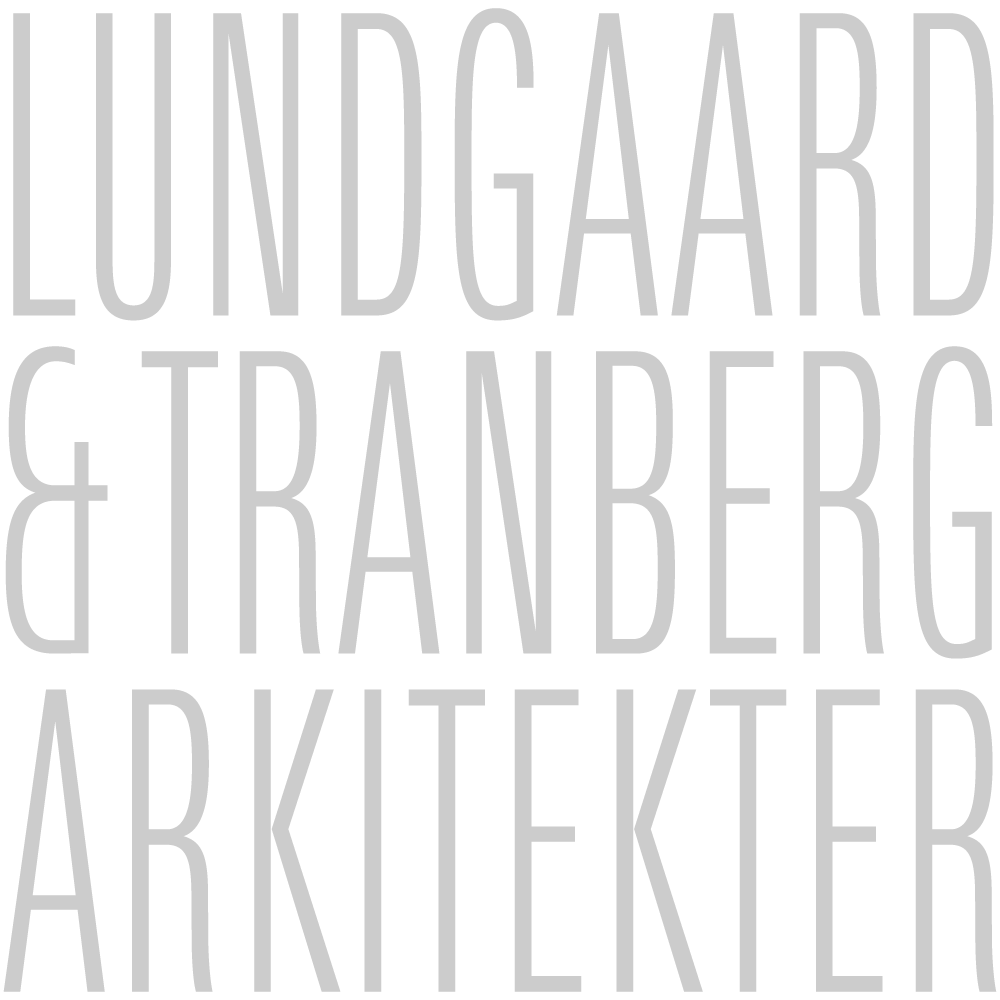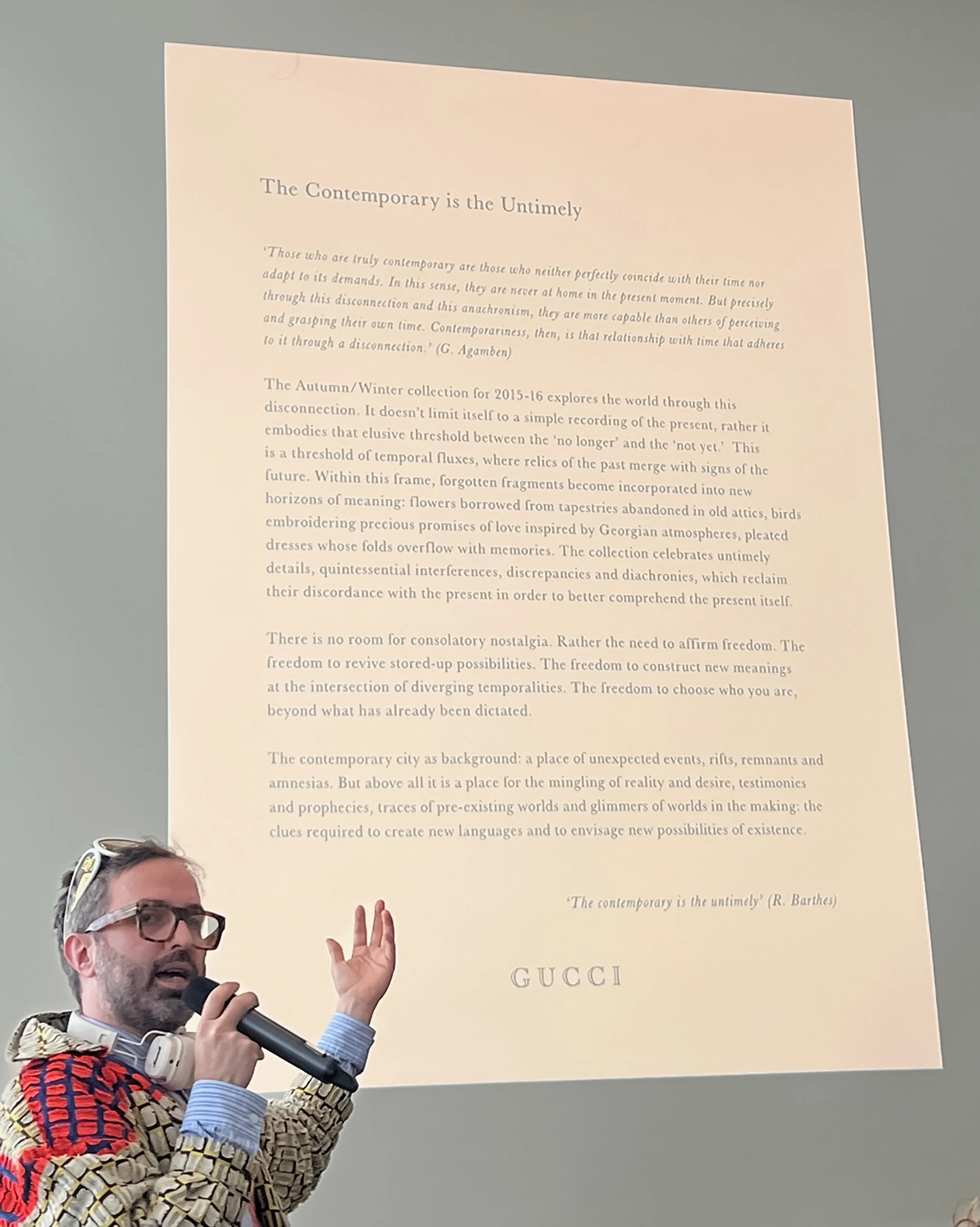NEWS June 2, 2025
How can architecture emerge in co-creation with plants and nature?
— Lundgaard & Tranberg’s Encounter with Philosopher Emanuele Coccia
“How can architecture emerge in co-creation with plants and nature?” This was one of the radical and poetic questions at the heart of a workshop on May 25th, 2025, initiated by Lundgaard & Tranberg Architects, in cooperation with Institut français du Danemark, Statens Kunstfond and Dreyers Fond, with a desire to investigate the implications of the Italian philosopher Emanuele Coccia’s (plant) philosophy on architecture.
Held at the historically rich setting of Esrum Monastery, the workshop brought together a unique constellation of voices: students from the Royal Danish Academy of Arts — Architecture in Kalundborg, along with researchers and practitioners in architecture, art history, philosophy, anthropology, geology, and the environmental humanities.
A philosophy of nature
Emanuele Coccia (b.1976) is a leading voice in the rise of a new philosophy of nature—one that radically repositions plants, rather than humans, at the center of life. While plants, as Coccia writes, may exhibit “an apparent indifference to everything we call culture,” his work reveals their fundamental role in shaping the atmosphere we breathe, the ecosystems we inhabit, and potentially, the architecture we design.
At Lundgaard & Tranberg Architects, we are deeply intrigued by the questions this nature-centered perspective raises for our field. Coccia’s thinking invites us to reconsider architecture not merely as a response to nature, but as something that could be fundamentally rooted in natural processes—such as photosynthesis, metamorphosis, and metabolism. With this in mind, we see value in exploring how the built environment might participate in, rather than stand apart from, the living systems that surround and sustain it.
CO-lab with Royal Danish Academy – Architecture in Kalundborg
Prior to the workshop, Lundgaard & Tranberg Architects has conducted a course with architecture students from the Royal Danish Academy of Arts Architecture – in Kalundborg. The course aimed to examine how we should build and live in a world that reacts so radically to our presence in it.
Beyond theory
Coccia reminds us that our existence is deeply entangled with the life of plants. To breathe is to participate in a shared metabolism with the world—an interdependence that must shape how and where we build; a deeply complex imperative that challenges our thinking and practice.
The workshop initiative continues Lundgaard & Tranberg Architects’ commitment to rethinking architectural practice through broader cultural, environmental, and philosophical lenses. Coccia’s philosophy offers us – and everyone working in the arts – a lens through which to examine our own behavior and practices. It gives us a way into asking how we integrate ideas of regeneration, decay, and ecological interconnection into our design processes. Architecture must learn to metabolize—not just materials, but also ideas and responsibilities.
Art, fashion and the Migration of ideas
The following day, Coccia’s visit continued with a public lecture at the Royal Danish Academy, where he spoke about fashion, the freedom of ideas, and their ability to travel and inspire. He presented art and fashion as a kind of philosophical laboratory practice through which we, as humans, explore and express identity, self-perception, and social roles.
Like other forms of art, fashion and architecture stem from a space of freedom beyond the dictates of contemporary norms. Yet these ideas—and our shared metabolic existence—also carry responsibility.
A big thank you to Dreyers Fond, Statens Kunstfond, Institut Francais and the Royal Danish Academy for being part of Coccia’s visit to Copenhagen.
Emanuele Coccia is employed at the École des Hautes Études en Sciences Sociales in Paris. With the publication of La vie des plantes (2016) (in Danish Planternes liv – Blandingens metafysik, Hans Reitzels Forlag, 2021) Coccia had an international breakthrough. This was followed by Métamorphoses (Édition Payot & Rivages) in 2020. He has recently published Philosophy of the Home - Domestic Space.



